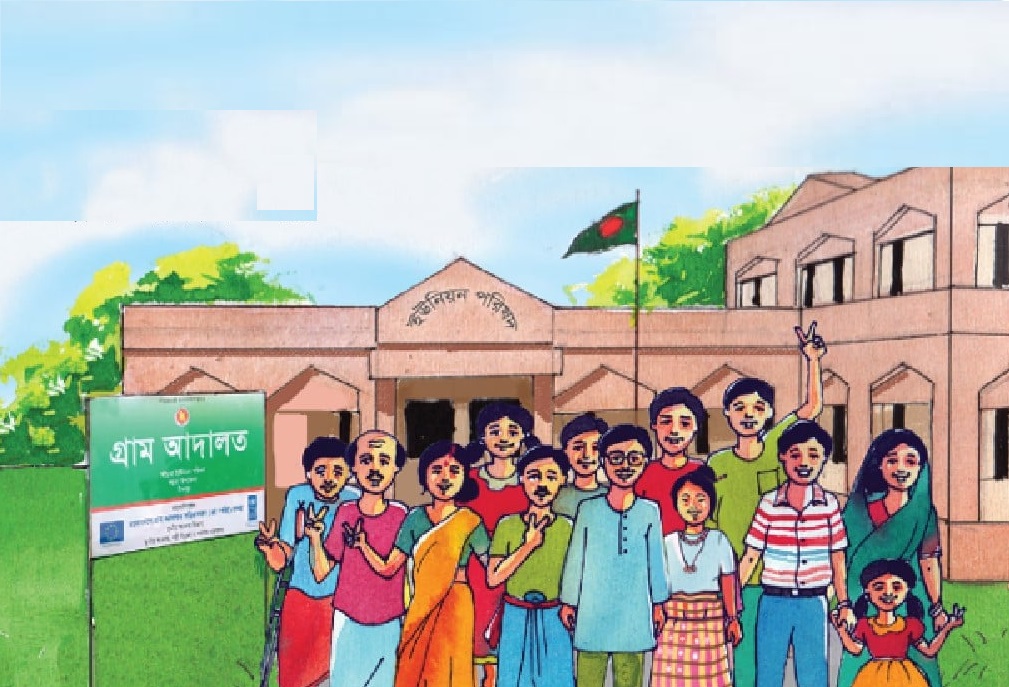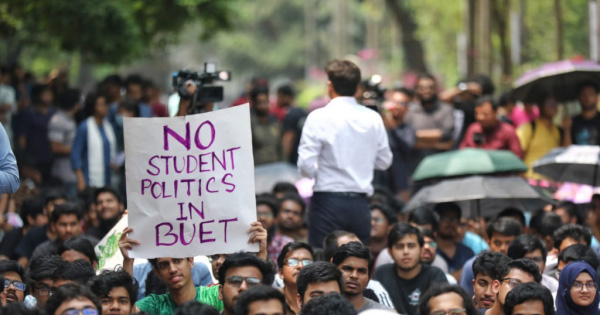The recent survey by the Aachol Foundation paints a grim picture of the realities faced by young women in Bangladesh, revealing that a staggering 84% of them encounter sexual harassment on public transport. This alarming statistic, coupled with the fact that nearly 39% of these women experienced sexual abuse in childhood, underscores a systemic failure to protect the most vulnerable members of our society. Despite the government’s assertions that women’s rights are a core priority, these findings suggest a shocking disconnect between rhetoric and reality.
The survey highlights that over 45% of young women using public transport become victims of harassment, primarily on buses and at bus stands—places where they should feel secure. Instead of providing safe environments, the government has allowed public spaces to become breeding grounds for harassment and violence. This failure not only reflects poorly on law enforcement but also on the government’s commitment to ensuring the safety and dignity of women.
Furthermore, the emotional toll of such harassment is profound. The survey reveals that family tensions, financial instability, and social pressures significantly impact the mental health of young women. With 69.92% reporting negative comments about their physical appearance and 23.77% facing pressure to marry against their wishes, it is evident that the societal framework surrounding women is rife with obstacles that hinder their mental well-being. The government’s inaction in addressing these issues only exacerbates the crisis.
Tansen Rose, the founding president of the Aachol Foundation, rightly pointed out that our society, state, and families have yet to adapt to the realities of women’s empowerment. If the government genuinely cares about the mental health and safety of women, it must take decisive action. This includes implementing robust policies to combat harassment, increasing public awareness campaigns to shift societal attitudes, and ensuring that law enforcement is held accountable for failing to protect victims.
Despite the government’s claims of progress, the survey’s findings reveal a painful truth: women in Bangladesh are still navigating a landscape marked by harassment, discrimination, and societal pressure. It is imperative that the government moves beyond empty promises and takes real, tangible steps to ensure that women can live freely and safely.
As we reflect on these disturbing statistics, it becomes clear that without meaningful action, the government’s commitment to women’s rights remains nothing more than a hollow slogan. We must demand change—not just for the sake of political rhetoric, but for the dignity and safety of all women in our society. The time for action is now; our young women deserve a future free from harassment and fear. It is crucial for the country to take immediate action to prevent it from becoming like a certain city notorious for being labeled the rape capital of the world.







